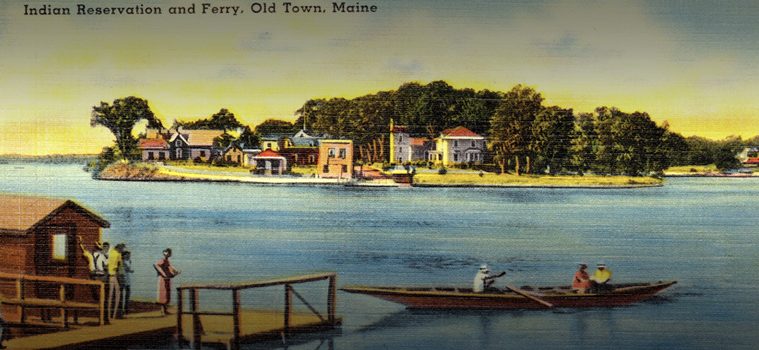AUDIO – LIFE WITH RESERVATIONS –
July 2, 2022 – MORGAN TALTY: (Reading) Riding over the bridge to the island, I sense that even though their problems were their own, there was no escaping how those problems shaped us all – no escaping the end, like the way the ice melts in the river each spring, overflowing and creeping up the grassy banks and over lawns, reaching farther and farther toward the houses until finally the water touched stone, seeping inside and flooding basements – insulation swelling, drying only when the water has receded. But what remained was a smell, a reminder that the water had come and risen up and would rise again in time.
BLOCK: The narrator, David, nicknamed Dee, has his own problems, addiction among them. On the reservation, there’s never enough money. There’s more than enough trauma and just enough love and wry humor to make it through. “Night Of The Living Rez” is Morgan Talty’s first book. He’s a citizen of the Penobscot Nation, and he grew up on the island in Maine.
TALTY: I think of the reservation or the Penobscot Nation here as this sort of space that gives these characters some definition, you know, some sense of indigeneity, right? There’s a moment where Dee is off the reservation, and he’s with Fellis at a hospital where Fellis is getting treatments. And the janitor, you know, says something to Dee to the effect of, oh, you’re Penobscot. And Dee said, I didn’t know how he knew I was Penobscot. And then he realized he was wearing a shirt that said Penobscot.
BLOCK: (Laughter) That’s kind of a tell, isn’t it?
TALTY: Yeah, exactly. Yeah. So for Dee and I think for a lot of Indigenous people, you know, there’s this – how do you express your indigeneity, you know, in a way that is not feeding into what people think Indigenous people look like and behave and act like? And so the island, you know, in the book is really this place where these people, you know, draw their sense of indigeneity. And when they leave, it may feel like it’s missing.



